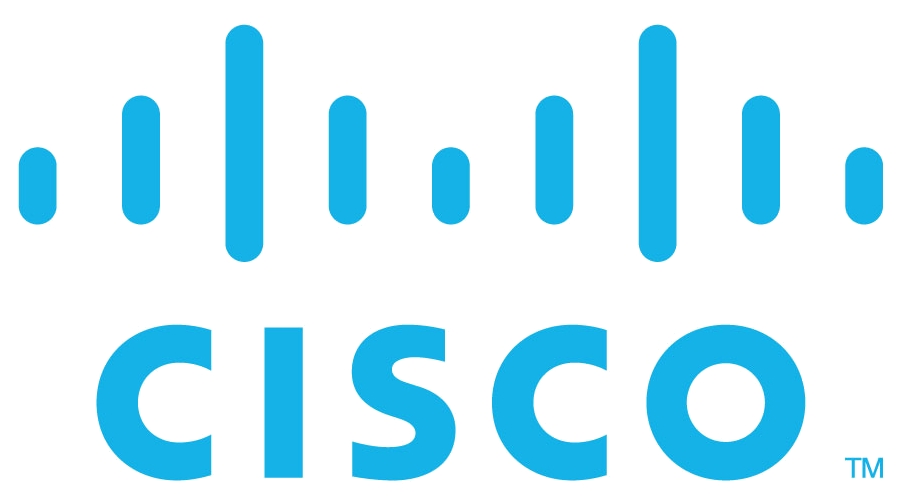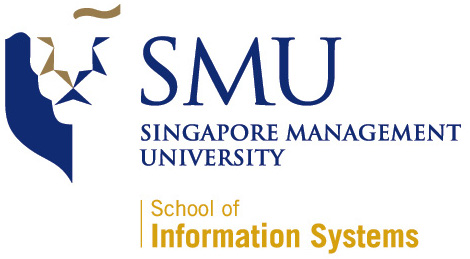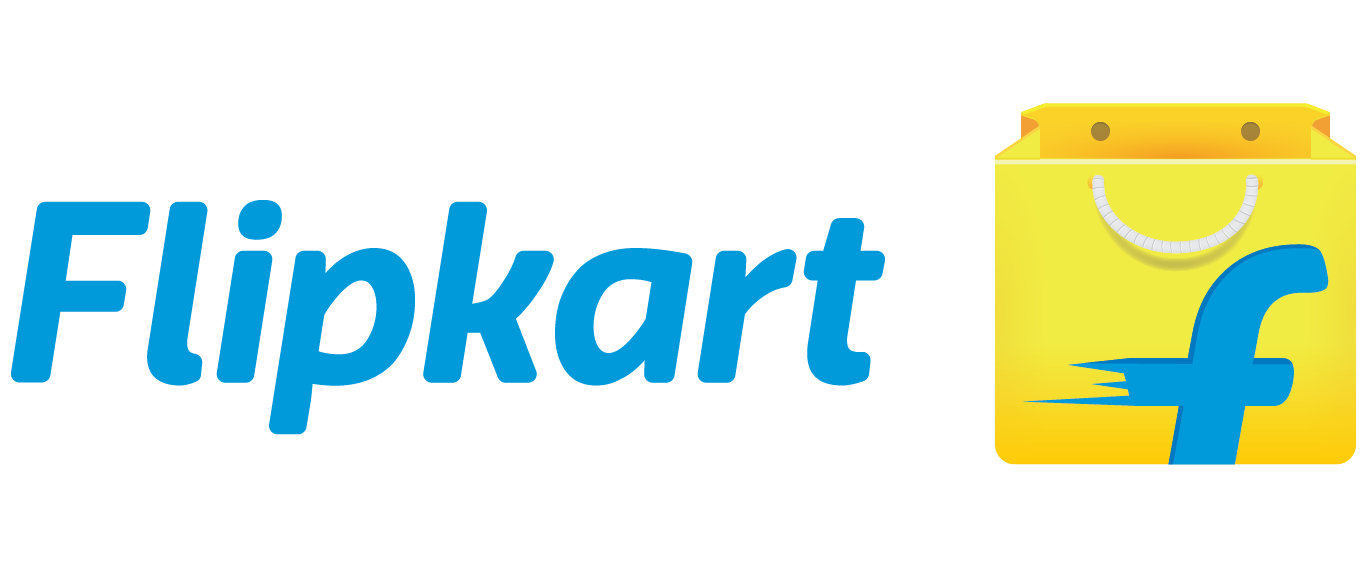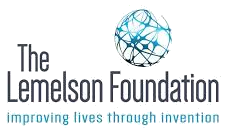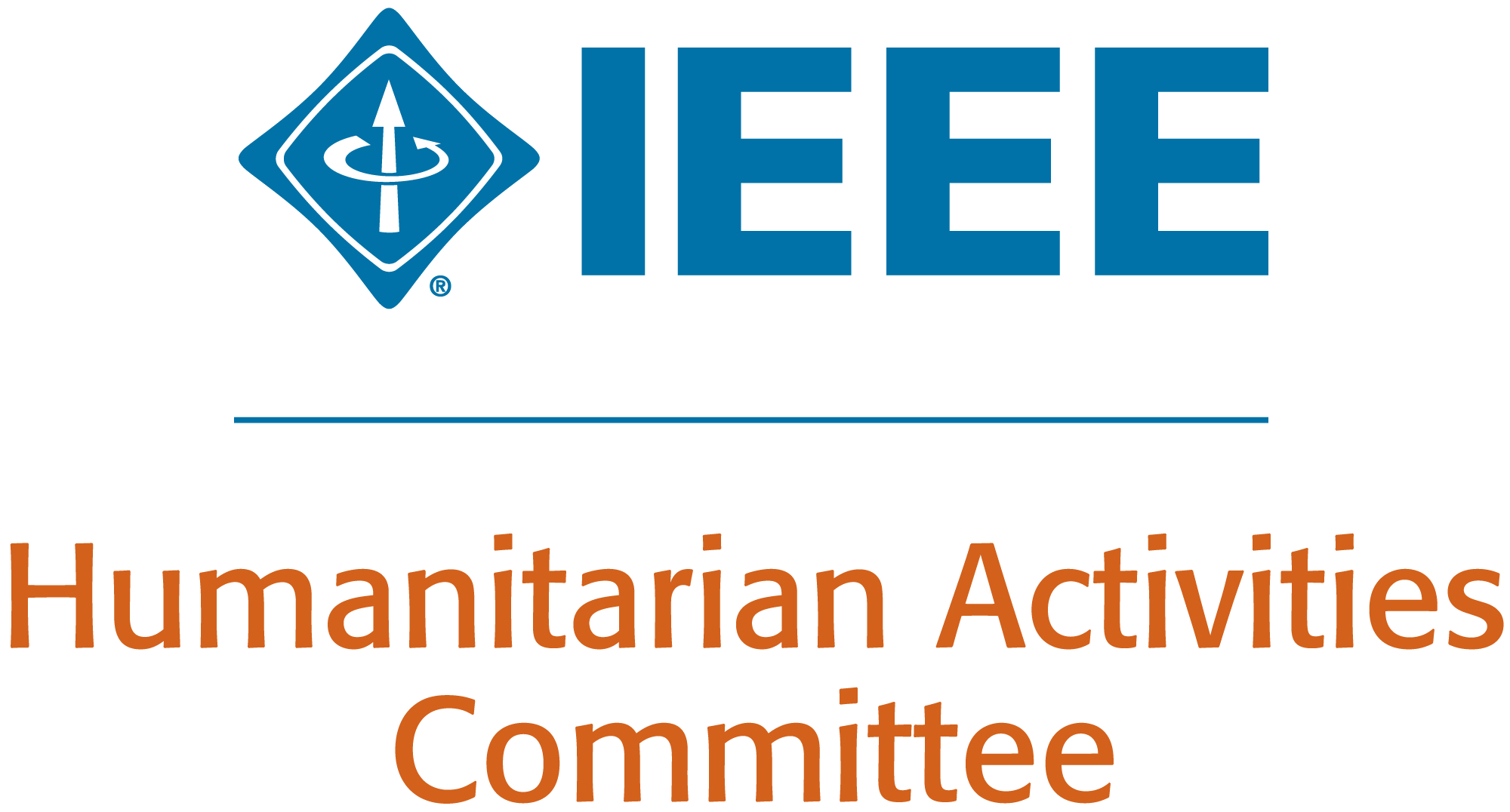Panel Discussions
Topics
Chairs

Somali Chaterji
Purdue University, USA

Akshay Uttama Nambi
Microsoft, India
Panel 1: Man versus Machine: Humans Need Not Apply
Date: 8th Jan 2019, 5:45 PM – 7:00 PM
Computing machines, it seems, have been becoming more deeply embedded in our lives, Today, this alliance with computers is taking shape as competition with robots for jobs that are becoming increasingly mechanized, be it on the smart factory floor, or next to hospital beds, or humanoid robots making elderly Japanese laugh, or even cognitive cooking by IBM’s Watson. Should we be concerned at this development or just think of this as another agricultural revolution or Gutenberg’s printing press revolution with a bonanza of benefits in retrospect? What about human-robot cooperation, could that be a happy medium? Or are machines destined to take over more facets of our lives at work and at play, like the sensors monitoring our sleep patterns and helping to improve sleep quality. So, would you consider scenarios like some of the ones mentioned above to be a threat or an entry ramp to utopia.
Some questions to think of:
- What are the jobs where robots can or should have only a marginal role?
- Where can man and machine work together?
- How do we guarantee that the machine stays tamed?
- Does AI pose an existential threat?

Saurabh Bagchi
Purdue University, USA
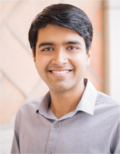
Swarun Kumar
Carnegie Mellon University, USA

P. R. Kumar
Texas A&M University, USA
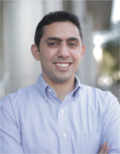
Kassem Fawaz
University of Wisconsin–Madison, USA

Falko Dressler
University of Paderborn, Germany

Jeffrey Tew
TCS, USA
Panel Moderator

Somali Chaterji
Purdue University, USA
Panel 2: AI could solve the world's healthcare problems and that too at scale!
Date: 9th Jan 2019, 5:15 PM – 6:45 PM
With limited doctors, emerging diseases, antibiotic-resistant superbugs, and steeply rising healthcare costs, could artificial intelligence solve some of these problems fast, in a personalized manner, and that too at the large scales of humanity?
The doctor-to-patient ratio in India is one of the worst in the world, with just 0.2 doctors for every 1,000 Indians (contrast this with 1.1 doctors for every 1,000 Americans in the United States). Modern medical facilities and doctors are heavily concentrated in urban areas. "Electronic health records [are] like large quarries where there’s lots of gold, and we're just beginning to mine them," said Dr. Eric Horvitz, managing director of Microsoft Research who specializes in applying artificial intelligence to healthcare. So, can we mine these quarries to extract greater meaning and make for a healthier and happier society, here in India, and also globally?
Examples of some technological challenges to make these visions a reality:
- Federated databases
- Privacy-preserving frameworks
- Algorithmic bias
- Provenance

Manish Gupta
VideoKen, India

Amit Sharma
Microsoft, India

David Kotz
Dartmouth College, USA

Amarnath Gupta
University of California at San Diego, USA

Anand Sivaraman
Remidio Innovative Solutions, India

Sreeram Kannan
University of Washington, USA
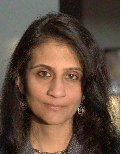
Monisha Ghosh
University of Chicago, USA

Gautam Shroff
TCS Research & Innovation, India
Panel Moderator

Somali Chaterji
Purdue University, USA
Panel 3: Blockchain can be the backbone of India's Economy
Date: 10th Jan 2019, 5:15 PM – 6:30 PM
The Indian economy expanded 7.2 percent year-on-year in the last three months of 2017, the highest growth rate among all sizable countries. India’s economy is now slated to grow even faster, thanks to the various economic reforms that the government has pushed.
Can blockchains aid India in continuing this breathless pace of economic growth? For example, Andhra Pradesh has become the first state in India to adopt blockchain for governance. Blockchain can protect the state’s digital assets and transactions, preventing tampering by malicious actors. The same blockchain technology can securely store all kinds of data and smart contracts.
Questions for this panel:
- Why could blockchain be suitable or not suitable for India? What about the rest of the world?
- What happens when quantum computing is here? Will that break blockchain irrevocably?
- Who will provide all the computing power for compute-hungry blockchain ledgers?

Praveen Jayachandran
IBM Research, India

Muthian Sivathanu
Microsoft, India

Kaarthik Sivakumar
CISCO, India

Kartik Hegadekatti
DoPT, NORTH BLOCK, India

Jaywardhan Sawale
Koinearth, India
Panel Moderator

Akshay Uttama Nambi
Microsoft, India
Contacts
With the above preface to our exciting panels this year, we invite panelists and audience to rev up our panel discussions in COMSNETS 2019 at Bangalore, India. We will publish the panel summary as well as notes from all the panelists. For questions or comments, please contact:
Somali Chaterji [Purdue University, USA]: [email protected]
OR
Akshay Uttama Nambi [Microsoft Research, India]: [email protected]









